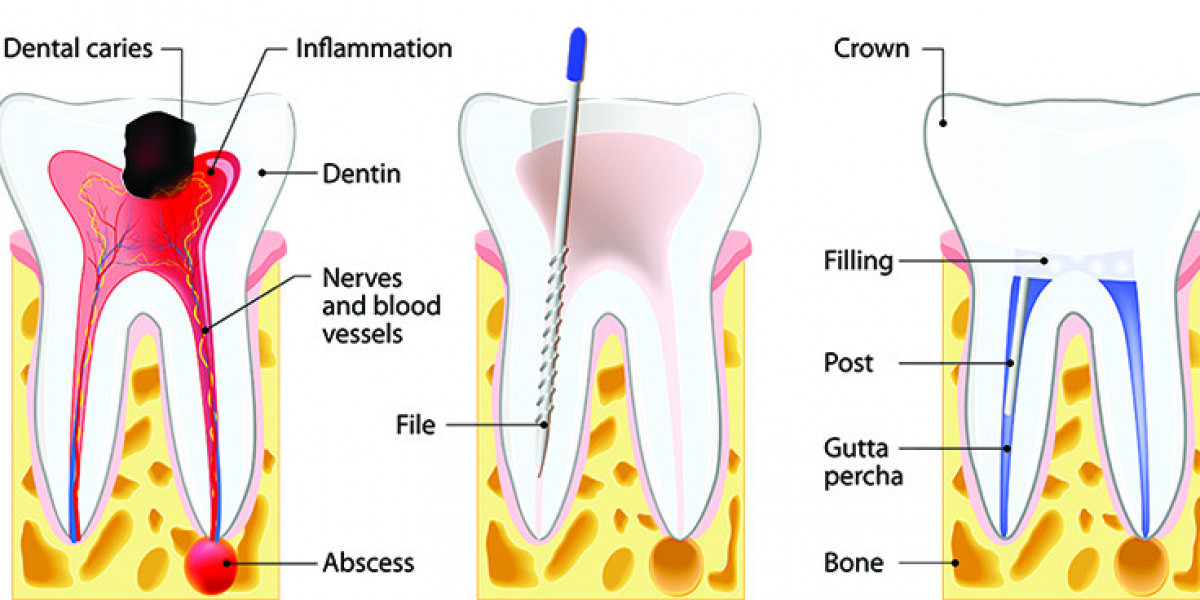Introduction:
In the modern world, where fast food joints and convenience meals abound, the connection between what we eat and how we feel is often overlooked. However, the saying "you are what you eat" holds profound truth. Our dietary choices not only affect our physical health but also play a significant role in shaping our mental and emotional well-being. In this article, we explore the concept of eating for health and happiness and discuss strategies to empower your plate with nutritious, satisfying foods.
Understanding the Relationship Between Food and Health
Food is more than just fuel for our bodies; it is the foundation of our health and vitality. Every bite we take provides the building blocks for cellular repair, energy production, and essential bodily functions. A diet rich in whole, nutrient-dense foods, such as fruits, vegetables, whole grains, lean proteins, and healthy fats, is essential for maintaining optimal health.
Research has shown that a balanced diet can reduce the risk of chronic diseases such as heart disease, diabetes, obesity, and certain types of cancer. Conversely, a diet high in processed foods, refined sugars, and unhealthy fats can increase the risk of developing these conditions and contribute to poor health outcomes.
The Role of Nutrition in Mental and Emotional Well-being
While we often associate food with physical health, its impact extends far beyond the body. The foods we eat can profoundly influence our mood, cognition, and overall mental well-being. A diet rich in nutrients such as omega-3 fatty acids, antioxidants, vitamins, and minerals has been linked to improved mental clarity, enhanced mood stability, and reduced risk of depression and anxiety.
On the other hand, a diet high in processed foods, sugar, and unhealthy fats has been associated with increased inflammation in the body, which can negatively affect brain function and mood regulation. Moreover, the link between gut health and mental health is increasingly recognized, with research suggesting that a healthy gut microbiome plays a crucial role in promoting mental well-being.
Principles of Healthful Eating
Empowering your plate with nutritious, health-promoting foods doesn't have to be complicated. By following a few simple principles, you can create a diet that nourishes your body and supports your overall health and happiness.
Focus on Whole, Unprocessed Foods:
Fill your plate with a colorful array of fruits, vegetables, whole grains, and lean proteins. These foods are rich in essential nutrients and free from the harmful additives and preservatives often found in processed foods.
Prioritize Plant-Based Foods:
Plant-based foods, such as fruits, vegetables, legumes, nuts, and seeds, are not only rich in vitamins, minerals, and antioxidants but also high in fiber, which promotes digestive health and helps maintain a healthy weight.
Include Healthy Fats:
Incorporate sources of healthy fats, such as avocados, nuts, seeds, and fatty fish, into your diet. Healthy fats are essential for brain health, hormone production, and the absorption of fat-soluble vitamins.
Limit Added Sugars and Processed Foods:
Minimize your intake of sugary snacks, desserts, and processed foods, which provide empty calories and contribute to inflammation and chronic disease risk.
Stay Hydrated:
Drink plenty of water throughout the day to stay hydrated and support optimal bodily functions. Hydration is essential for digestion, circulation, temperature regulation, and overall well-being.
Creating a Healthy Eating Environment
In addition to making healthful food choices, creating a supportive eating environment can further empower your plate and enhance your overall health and happiness. Here are some tips for fostering a healthy eating environment:
Plan and Prepare Meals:
Take time to plan and prepare nutritious meals and snacks ahead of time. Having healthy options readily available can help prevent impulsive food choices and ensure that you nourish your body with wholesome foods.
Practice Mindful Eating:
Pay attention to your body's hunger and fullness cues and eat slowly and mindfully. Avoid distractions such as screens or work while eating and savor each bite, appreciating the flavors and textures of your food.
Listen to Your Body:
Tune into your body's signals and eat when you're hungry, stopping when you're satisfied. Avoid restrictive dieting behaviors and honor your body's natural hunger and fullness cues.
Cultivate a Positive Relationship with Food:
Avoid labeling foods as "good" or "bad" and instead focus on nourishing your body with a variety of healthful foods that you enjoy. Practice self-compassion and forgiveness if you veer off track and approach food choices with curiosity and flexibility.
Conclusion
In conclusion, empowering your plate with nutritious, health-promoting foods is key to supporting both your physical and mental well-being. By prioritizing whole, unprocessed foods, incorporating plant-based options, and creating a supportive eating environment, you can harness the power of food to optimize your health and happiness. Remember that small changes can lead to significant improvements over time, so start where you are and take steps toward a healthier, more fulfilling relationship with food.








